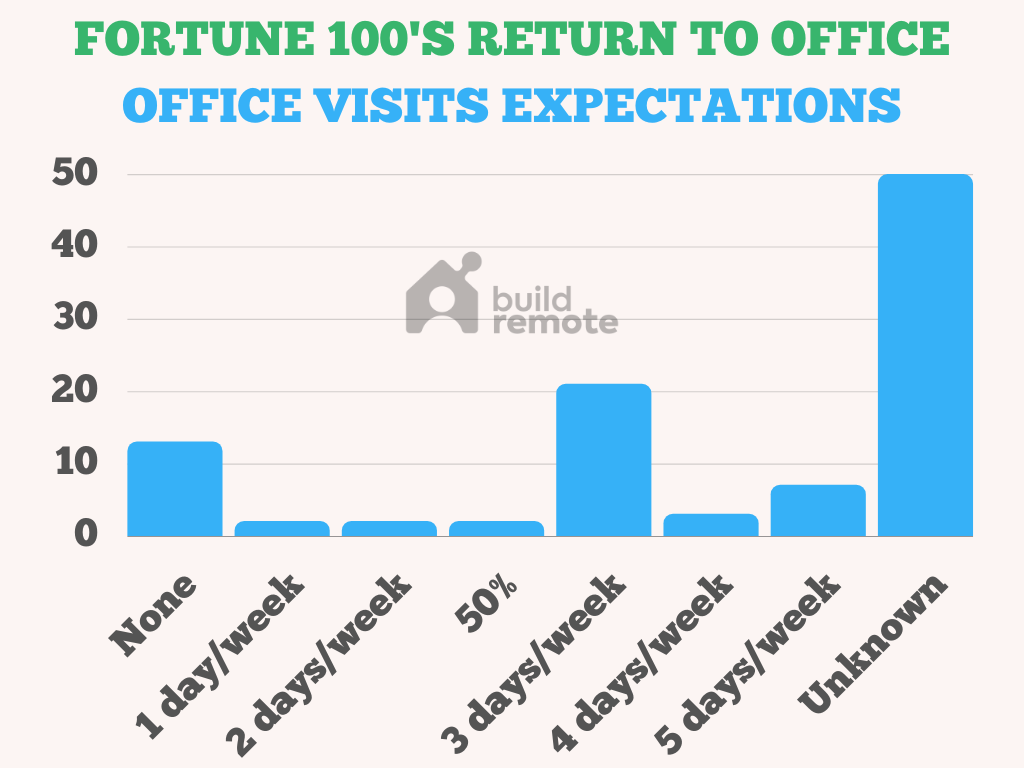

If ever every week was ripe for delaying your return to the workplace, it was this one. Hurricane Idalia cleared out the climate up and down the coast, bringing two weeks of clear blue skies and respectable browsing (and harmful rip tides). Then, a warmth wave hit the East Coast, elevating temperatures to the 90s in New York Metropolis. You would have continued your Infinite Summer time, working remotely within the AM, sneaking out for a couple of hours of mid-day seashore enjoyable, then returning house post-surf to answer emails and different work-related detritus.
And but, the town was jam-packed this week. Streets had been stuffed, eating places booked, site visitors busy, and even workplaces appeared to have a marked enhance within the variety of our bodies filling the hallways.
Numerous main employers within the New York Metropolis space have put a flag within the floor: October 1st. That appears to be the drop useless date for when many firms would require staff to be again at the least three, typically 4, and 5 days per week.
My body of reference is finance, and so seeing these necessities in locations like JP Morgan Chase — which has deserted its hybrid attendance coverage for five days every week; Bloomberg is four days (Oct 1); Citi and Wells Fargo are three days every week, Black Rock 4 days, Goldman Sachs and Morgan Stanley be part of JPM at 5.
Nevertheless it’s not simply finance: Federal staff have been ordered again to their workplaces; Amazon, Apple and Google are at three days/week; Salesforce is three days every week within the workplace and 4 days for client-facing staff. Even Zoom is requiring in-person work. Resume Builder notes “A whopping 90% of firms plan to implement return-to-office insurance policies by the tip of 2024.” Based on Construct Distant (not precisely an unbiased supply) 21% of the Fortune 100 require three workplace visits per week, with 77% working on a hybrid work schedule.
All of those add as much as the inescapable conclusion that the period of freewheeling “are available in every time the hell you want” is coming to an finish.
After all, there are a couple of wild playing cards right here. There’s been an uptick in COVID infections albeit from a gentle variant; new booster pictures shall be out there later this month. However barring some new lethal variant surge, it’s unlikely that the endemic will stay a consider return to workplace.
Small, nimble companies have been utilizing WFH and flex hybrid schedules as a key promoting level. Certainly, latest knowledge exhibits a 29% surge in Hybrid job listings. You generally is a cog in some large faceless machine, goes the pitch, or you possibly can work for (fill within the clean) start-up and have much more flexibility while you go small as an alternative of huge. Alas, that was a persuasive argument in 2021-22, however I believe it might need misplaced a few of its energy over the previous 12 months.
Blame the Fed for the brand new stricter RTO insurance policies. It isn’t a coincidence that as increased charges have begun to chunk — with influence on actual property, finance, and client spending — the financial system has begun to melt. New job creation is slowing, wage beneficial properties are moderating, and the steadiness of energy is slowly shifting again to employers.
I personally have blended emotions on this: I beloved recapturing my commute time, however I additionally see how difficult it’s to coach and mentor youthful staff and instill a powerful sense of company tradition.
Regardless, the Summer time is coming to an finish, and for a lot of, the workplace is beckoning — for many people, at the least three days every week.
WFH was enjoyable whereas it lasted…
See additionally:
-RTO statistics and takeaways for August 2023 (Construct Distant)
-Return-to-Workplace Is a $1.three Trillion Drawback Few Have Figured Out (CityLab)
-The place within the World Are Individuals Again within the Workplace? (New York Instances)
-Labor Day return to workplace mandates yearn for ‘regular.’ However the pre-COVID office is gone. (USA Immediately)
Beforehand:
Is 50% the New (Metro) RTO? (April 17, 2023)
Of Course WFH is “Actually Working” (March 29, 2023)
WFH vs RTO (February 16, 2023)
Why Aren’t There Sufficient Employees? (December 9, 2022)
Shifting Stability of Energy? (April 16, 2021)
Sorry, We’re Closed (March 13, 2020)



